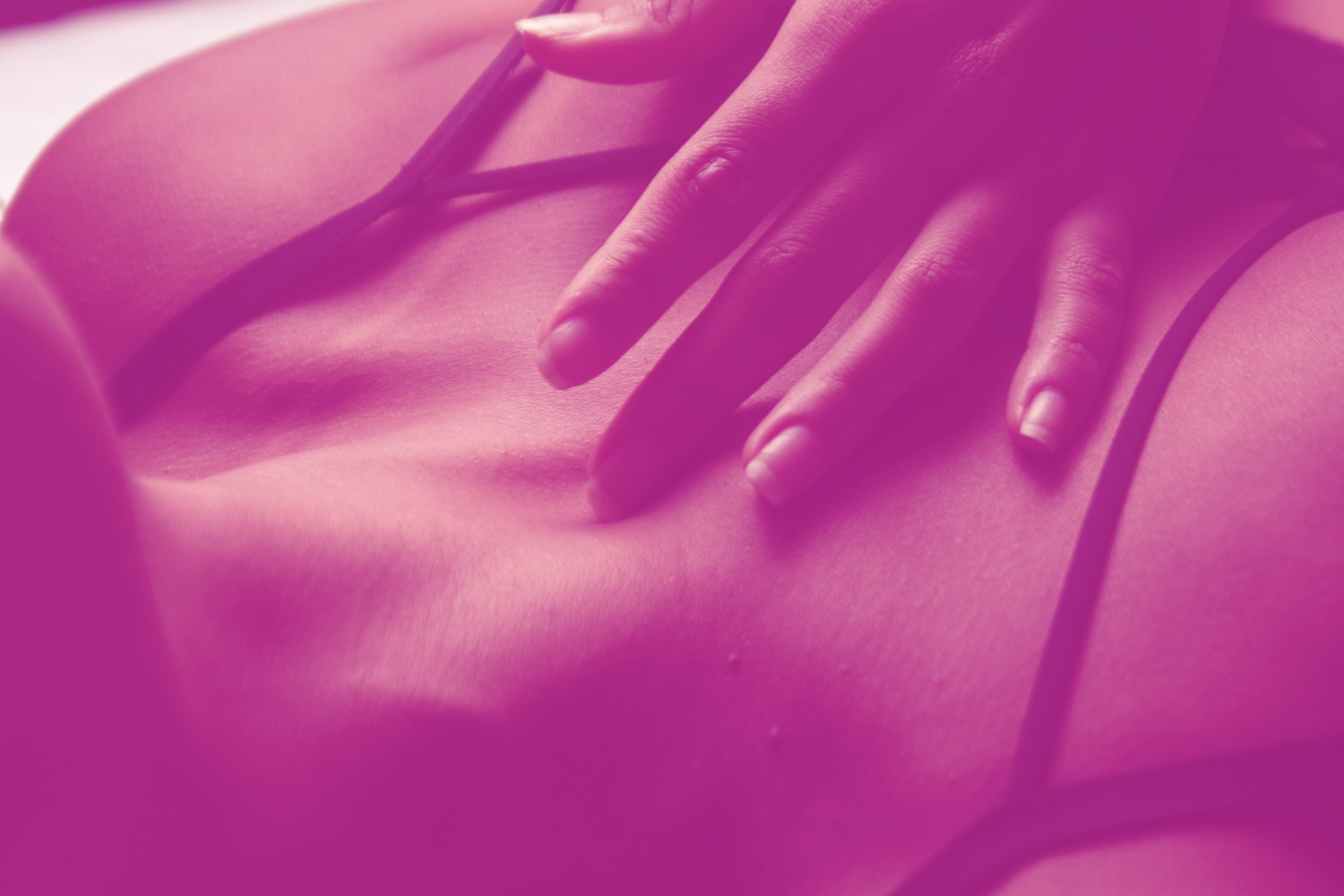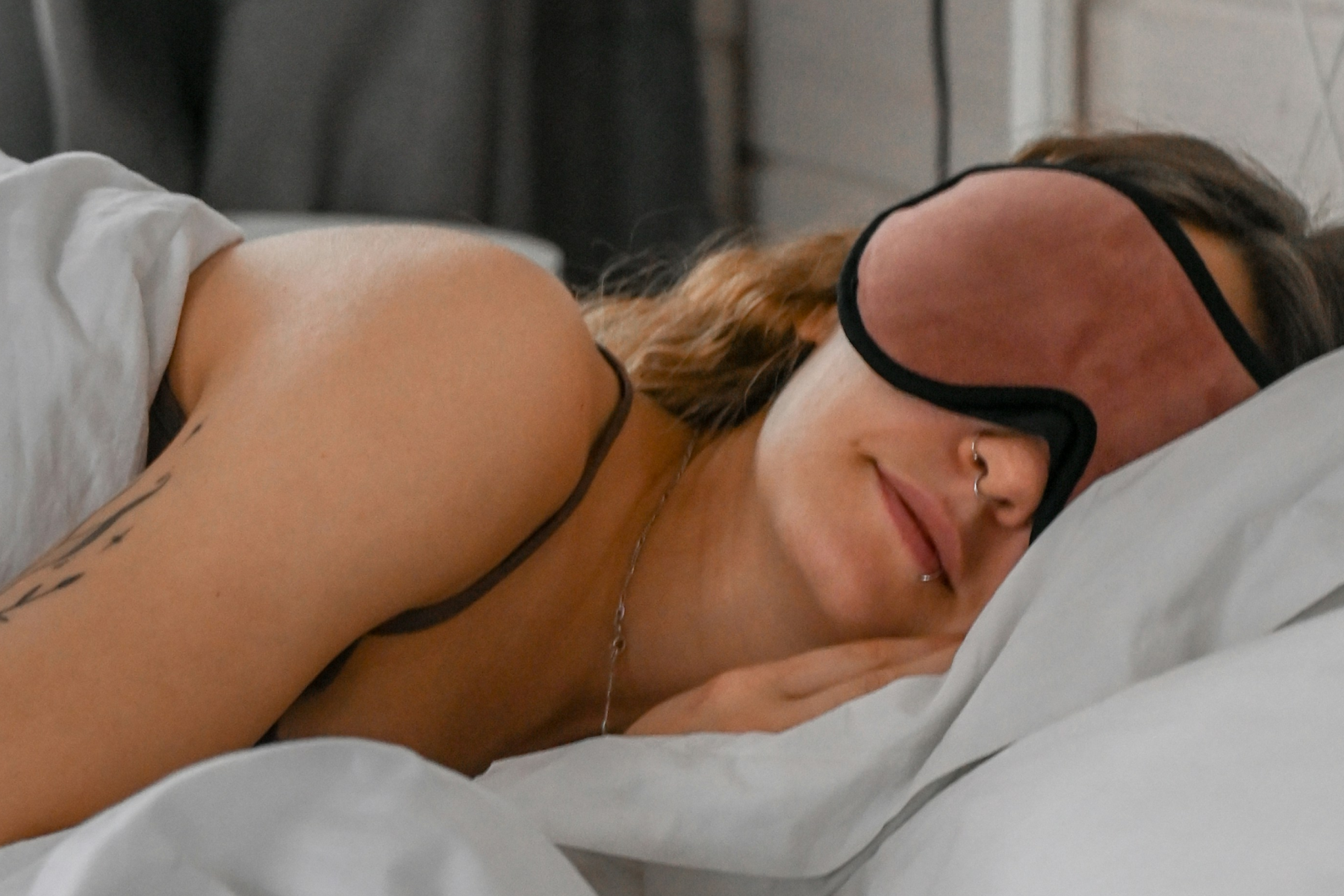Let's get real for a minute. There's something we need to talk about, and it might make you blush a little. Don't worry, that's totally normal. I'm talking about self-pleasure, solo play, or as it's commonly known: masturbation.
If you've never explored this aspect of your sexuality, or if you've tried but felt uncomfortable, or if you've been told it's something you shouldn't do, this letter is for you.
The Surprising Stats
You're not alone. About 10-15% of women report that they've never masturbated (Herbenick et al., 2018). For various reasons such as cultural, religious, and personal, many women haven't incorporated self-pleasure into their lives.
But here's the thing: understanding your body isn't just about pleasure (though that's a pretty fantastic benefit). It's about knowing yourself, your needs, and your responses in a way that nobody else can teach you.
Let's Address the Elephants in the Room
"It feels wrong or dirty"
For generations, female pleasure has been shrouded in shame and secrecy. Many of us grew up in environments where discussing masturbation was taboo, especially for women.
Society has had this frustrating double standard, male self-pleasure is often normalized as "boys will be boys," while female masturbation has been treated as something shameful or nonexistent.
But your body is yours. Your pleasure is yours. And despite what anyone may have told you, exploring your own body is a natural part of being human.
"I don't know how"
This is incredibly common! Sex education often focuses on reproduction and abstinence rather than pleasure, especially female pleasure.
The truth is, there's no single "right way" to masturbate. Everyone's body responds differently to different types of touch. Some women prefer direct clitoral stimulation, others enjoy penetration, and many enjoy a combination of techniques.
The only way to figure out what works for you is to explore with patience and curiosity. Think of it like learning any new skill, it takes practice, and that's perfectly okay.
"I don't need to because I have a partner"
Having a partner and masturbating aren't mutually exclusive. In fact, understanding what brings you pleasure can enhance intimacy with a partner.
Dr. Emily Nagoski, sex educator and author of "Come As You Are," explains: "Learning about your own sexual response is one of the most important things you can do for your sexual well-being, whether you're single or in a relationship" (Nagoski, 2015).
When you know what works for you, you can communicate those preferences to your partner, leading to more satisfying experiences for both of you.
The Benefits Beyond Pleasure
Self-pleasure isn't just about, well, pleasure (though that's a pretty great perk). There are actual health benefits associated with masturbation:
Physical Benefits
- Stress relief: Orgasms release endorphins, those feel-good chemicals that help reduce stress and improve mood.
- Better sleep: Many people find that orgasms help them fall asleep more easily.
- Pain relief: Some women report that masturbation can help alleviate menstrual cramps.
- Improved pelvic floor strength: The contractions that occur during orgasm can help strengthen pelvic floor muscles.
Emotional Benefits
- Body confidence: Getting comfortable with your body can boost overall body image.
- Sexual autonomy: Taking charge of your pleasure helps establish healthy boundaries in all areas of your life.
- Reduced dependency: You're not relying solely on a partner for sexual satisfaction.
Starting Your Journey (If You Want To)
If you're curious about exploring self-pleasure but aren't sure where to begin, here are some gentle suggestions:
Create the Right Environment
Privacy is essential, especially when you're just starting out. Make sure you have time alone without worries about interruptions. Create a comfortable space, maybe with dim lighting, soft music, or whatever helps you relax.
Go Slow
There's no rush. Start by simply touching different parts of your body and noticing what feels good. Pay attention to your responses. What creates a pleasant sensation? What makes you want more?
Sex therapist Dr. Laurie Mintz suggests: "Approach self-exploration with curiosity rather than expectation. The goal isn't necessarily orgasm, it's discovery" (Mintz, 2017).
Consider Resources
There are excellent books, websites, and even apps designed to guide women through self-exploration. Look for body-positive, educational resources rather than pornography, which often doesn't realistically portray female pleasure.
It's Absolutely Okay If It's Not For You
Here's something crucial: masturbation is a personal choice. If you've thought about it and decided it's not something you want to do, for whatever reason, that's completely valid.
Your body autonomy includes the right to say "no" as well as "yes." What matters most is that your decisions come from a place of personal choice rather than shame or misinformation.
A Note About Different Experiences
Everyone's relationship with their body and sexuality is unique. Cultural background, religious beliefs, past experiences, and many other factors shape how we view and experience pleasure.
Some women may have experienced trauma that makes self-touch difficult or triggering. If that's your experience, please be gentle with yourself. Professional support from a therapist who specializes in sexual health can be incredibly helpful.
FAQ: Your Common Questions Answered
Is it normal to feel awkward or embarrassed at first?
Absolutely! Most people feel a bit awkward when they're trying something new, especially something so personal. That awkwardness usually fades with time.
What if I can't reach orgasm?
Orgasm isn't the only measure of a satisfying experience. Many women enjoy the journey without necessarily reaching climax every time. If orgasm is your goal, it might take practice and patience to learn what works for your unique body.
Will masturbating affect my future relationships?
Understanding your own pleasure can actually enhance intimacy with partners. When you know what you enjoy, you can communicate those preferences, leading to more satisfying experiences for everyone involved.
Is it possible to masturbate too much?
If masturbation isn't interfering with your daily activities, relationships, or responsibilities, it's likely not excessive. However, if you feel it's becoming compulsive or causing distress, speaking with a healthcare provider could be helpful.
Wrapping Up
Whether you decide to explore self-pleasure or not, I hope this letter has offered some reassurance that your feelings, whatever they may be, are valid. Your body is yours to know, to understand, and to care for in whatever ways feel right to you.
Sexual wellness is just one part of overall wellbeing, and every person's journey looks different. The most important thing is that your choices come from a place of self-knowledge and personal agency rather than external pressure or shame.
Want to make your journey even more exciting? I've handpicked some amazing toys and goodies at Hello Nancy that'll add extra sparkle to your intimate moments.
Here's a little secret, use the code 'dirtytalk' for extra 10% off! 🌟
References
Herbenick, D., Reece, M., Schick, V., Sanders, S. A., Dodge, B., & Fortenberry, J. D. (2018). Sexual behavior in the United States: Results from a national probability sample of men and women ages 14-94. The Journal of Sexual Medicine, 7(5), 255-265.
Mintz, L. (2017). Becoming cliterate: Why orgasm equality matters—and how to get it. HarperCollins.
Nagoski, E. (2015). Come as you are: The surprising new science that will transform your sex life. Simon & Schuster.







 Add $12.00 to get Free Gift
Add $12.00 to get Free Gift



